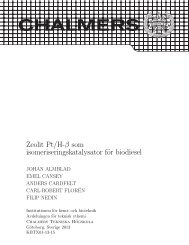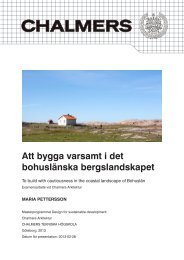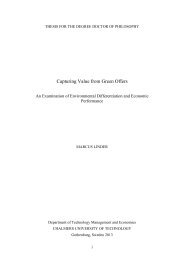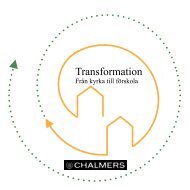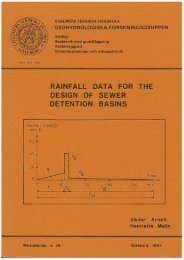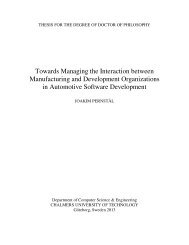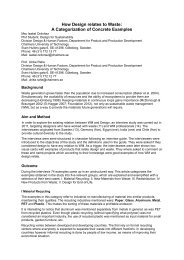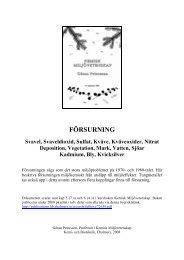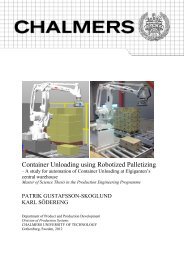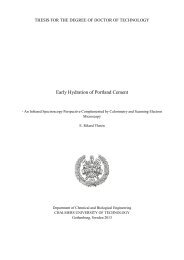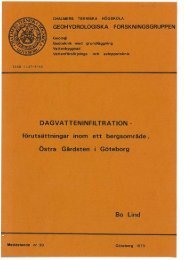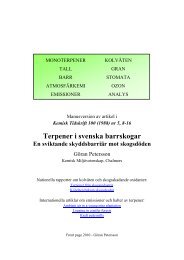A computational grammar and lexicon for Maltese
A computational grammar and lexicon for Maltese
A computational grammar and lexicon for Maltese
Create successful ePaper yourself
Turn your PDF publications into a flip-book with our unique Google optimized e-Paper software.
constructions apply to <strong>Maltese</strong> too, such as verb phrase conjunction via the VPI category.<br />
• If the resource <strong>grammar</strong> is to be used <strong>for</strong> parsing of open-domain text, a specific parse<br />
<strong>grammar</strong> should be written which augments the current resource <strong>grammar</strong> with variants<br />
<strong>for</strong> spelling <strong>and</strong> word orders.<br />
• Perhaps the best way of testing the robustness of a resource <strong>grammar</strong> is to use it as a<br />
library in some domain-specific application <strong>grammar</strong>. Numerous application <strong>grammar</strong>s<br />
in GF have been developed over the years in various sizes, <strong>and</strong> adding <strong>Maltese</strong> versions of<br />
these <strong>grammar</strong>s can serve as a quick <strong>and</strong> fun way of testing the behaviour of the resource<br />
<strong>grammar</strong>.<br />
4.4.2 Lexing solution<br />
The bind solution <strong>for</strong> affixation in GF is described in section 2.5.2. This solves a problem when<br />
linearising text, however introduces a problem when attempting to parse. These bind tokens<br />
need to be re-introduced during lexing, but this is not necessarily a trivial task. To date, no<br />
satisfactory <strong>and</strong> general solution exists <strong>for</strong> this problem within GF, which means that <strong>grammar</strong>s<br />
using binding <strong>for</strong> affixation can per<strong>for</strong>m very poorly when it comes to parsing.<br />
Having a solution to this lexing problem would benefit many of the languages in the RGL.<br />
Ideally this process should be h<strong>and</strong>led internally by the GF runtime itself, using a <strong>grammar</strong>’s<br />
own rules to extract a lexer. Solving this within the GF runtime would mean that it would<br />
instantly benefit all languages using binding.<br />
4.4.3 A linked <strong>Maltese</strong> WordNet<br />
Given a <strong>computational</strong> <strong>lexicon</strong> with English glosses, one could use this <strong>for</strong> reverse-lookup <strong>and</strong><br />
attempt to create a linked version of the Princeton WordNet. This would involve looking up<br />
each entry from the English WordNet in the <strong>Maltese</strong> <strong>lexicon</strong> <strong>and</strong> using each result as a translation.<br />
Some work on using linked WordNets to bootstrap large-scale GF dictionaries has already<br />
been carried out with Bulgarian, German, Finnish <strong>and</strong> Hindi, with varying levels of success<br />
(Virk, 2013, ch. 5).<br />
65


